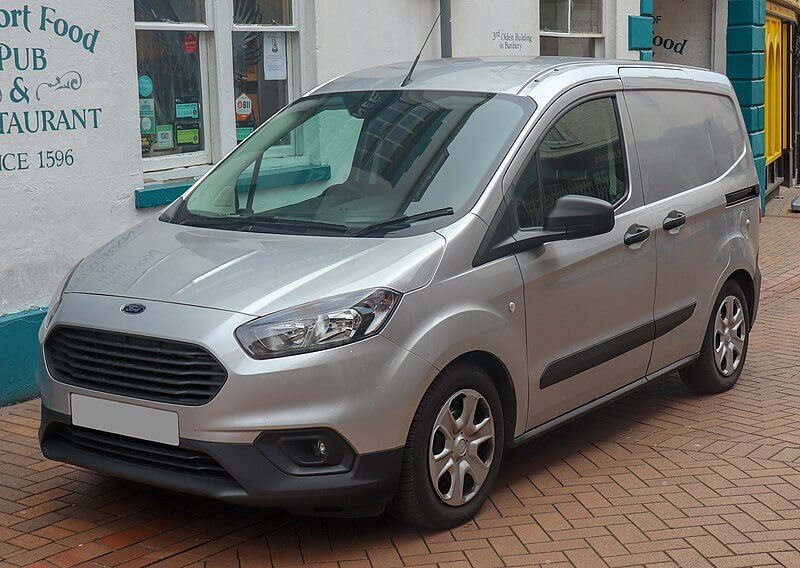Does your trade job really affect the price of your van insurance?

Many of those working in the trades are self-employed, which means that they need to pay particular attention to their business expenses. One of the biggest ongoing costs for tradespeople is their mode of transport, including the price of insurance. As they tend to travel to customers and use a variety of tools and equipment, a van tends to be the vehicle of choice for tradespeople. However, the trade you’re in, as well as the type of van you’re looking to insure, can affect your quote by almost £400.
In November 2023, Vanarama put together a study exploring how trade job titles affect the cost of van insurance in the UK and found a surprising amount of variation between the quotes. In this article, we’re going to explore these differences and advise you on how to keep your van insurance as low as possible.
Why does your job affect the price of van insurance?
When applying for van insurance for commercial use, you’ll be asked to enter a variety of information, which is used to calculate the cost of your premiums. One of these questions is your occupation. While this may feel irrelevant, it’s actually an important indicator for insurers about how regularly you use the vehicle, what sort of tools or equipment you carry, and any job-specific hazards that could be a risk factor.
Diesel vs electric van insurance
As well as the difference in price based on your trade, whether you’re insuring a diesel internal combustion engine (ICE) or electric van will also affect your insurance quote. This is another consideration for those choosing which type of fuel is the most suitable for their trade.
Using an average UK van driver profile, Vanarama found that quotes for electric vans cost between £386.87 and £224.70 more than those of equivalent ICE models. Let’s explore the two types of van insurance in more detail, and see which trades pay the most and least for each.
Diesel van insurance
Vanarama found that mechanics pay the most for diesel van insurance, with an annual premium of £837.28. This is almost £40 more than the second-highest premium, which was offered to nine different trades, including cleaners, boiler technicians and pest controllers.
Nineteen of the trades explored were quoted £722.77 for their annual premium, including carpet fitters, painters, plumbers and electricians. This puts the difference between the highest and lowest quotes at £150.51.
Electric van insurance
Mechanics also lost out here, with electric van insurance costing £1,159.91 per year for this trade. Again, there’s a significant difference between this and the next-highest quote, with refrigeration engineers, cleaners, furniture removers, lift engineers and pest controllers all paying £50 less.
Twenty of the trades surveyed qualified for the lowest premium of £1,004.29, including electricians, builders, carpet fitters and gardeners. The difference between the highest and lowest quotes was similar to that of diesel vans, at £155.62.
How can you keep your van insurance costs low?
Here are some tips to reduce your van insurance to maximise profits, whatever your trade.
Upgrade your security
The better the security of your van, the cheaper your insurance will be. From motion sensor cameras and smart padlocks to GPS tracking devices, there are lots of different types of technology that can help you to protect your van and the tools inside, in turn driving down your insurance premiums.
Park in a safe location
Similarly, where you park can affect the cost of your van insurance. Parking on the street is less secure than parking on a drive, while parking in a locked garage on private property is the safest – and therefore cheapest – option. If you don’t have access to a garage, park your van in well-lit, populated areas to minimise the risk of it being broken into or stolen, which would cause you to lose your no-claims bonus.
Choose an ICE van
Vanarama’s research shows that, across all trades, insurance premiums are an average of £287.61 more expensive for electric vans than diesel vans. While it’s obviously less beneficial for the environment, an ICE van will be cheaper to insure. However, electric vans are cheaper overall than diesel, so any savings you make from your insurance are likely to be outweighed elsewhere. There are many advantages to upgrading your diesel van to an electric model, and it’s important to consider these alongside the insurance costs.
Back to blog




